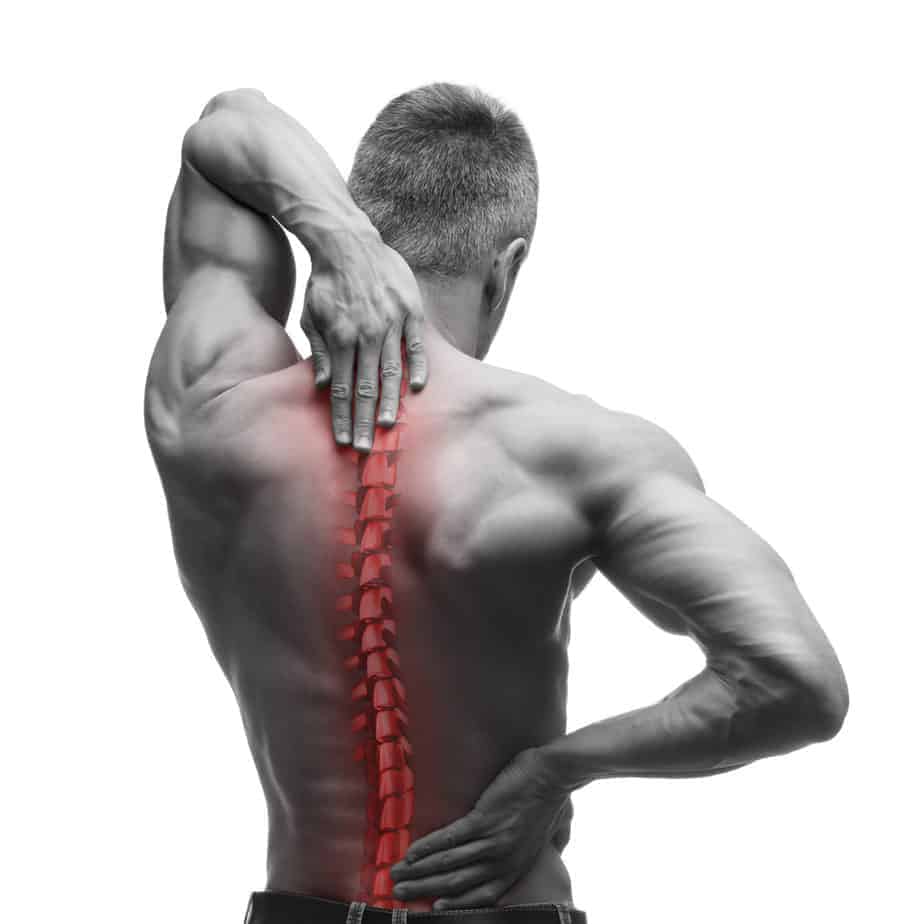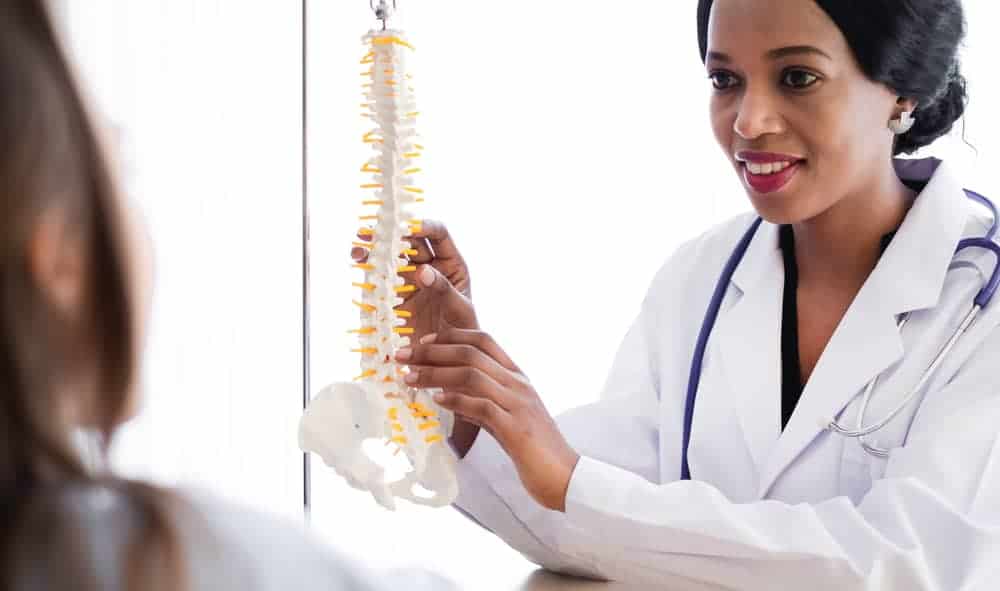Symptoms of Spinal Stenosis
Symptoms will vary from individual to individual based on a number of factors, such as the type of spinal stenosis or location of spinal stenosis. Not everyone will experience symptoms directly while others will feel more severe intensities of the condition. Common symptoms include numbness, tingling, and/or general weakness in the hand, arm, foot, or leg. Individuals may also experience neck pain, back pain, muscle cramping, and bladder and bowel dysfunction. If you are experiencing any of these symptoms, you should schedule a consultation at AICA Orthopedics right away. Letting any of these symptoms linger or worsen can have a detrimental impact on your body and overall health.
Getting Treatment for Spinal Stenosis
Our recommended treatment will depend on the severity and location of your spinal stenosis. Give us a call or schedule an appointment with our experienced staff of professional doctors and healthcare specialists so we can provide you with the best treatment options for spinal stenosis and its symptoms. Our healthcare team at AICA Orthopedics will help you find relief from spinal stenosis through personalized attention and treatment. Every medical situation is unique and it’s important to get accurate diagnoses and treatment for yours.
Chiropractic
Treatment from a chiropractor can help to alleviate pain and discomfort symptoms associated with spinal stenosis. As a field that focuses on the spine, chiropractic is often a perfect candidate for people experiencing spinal stenosis symptoms. Chiropractors from AICA Orthopedics will help in alleviating symptoms by carefully realigning the spine, which alleviates pressure on the spine, particularly with people suffering from spinal stenosis. Learn More!
Neurology
Neurologists specialize in disorders and issues related to the nervous system, including the spine. A neurologist’s expertise will be able to pinpoint what is causing pain and discomfort from spinal stenosis, which is often due to compression of or damage to the spine’s nerve roots or cord. Learn More!
Orthopedic and Interventional Spine
In some cases, surgery or minimally invasive procedures may be required to alleviate spinal stenosis symptoms. This is usually a final step after other treatment methods have been attempted with no improvement observed. An orthopedic surgeon can discuss if surgery is necessary or if other treatments, medications, and lifestyle changes will be sufficient. Learn more!
Contact us today at AICA Orthopedics to learn more about diagnosing and treating spinal stenosis. Our team at AICA Orthopedics will recommend which specialists you should see to get an accurate depiction of your spinal stenosis condition.













